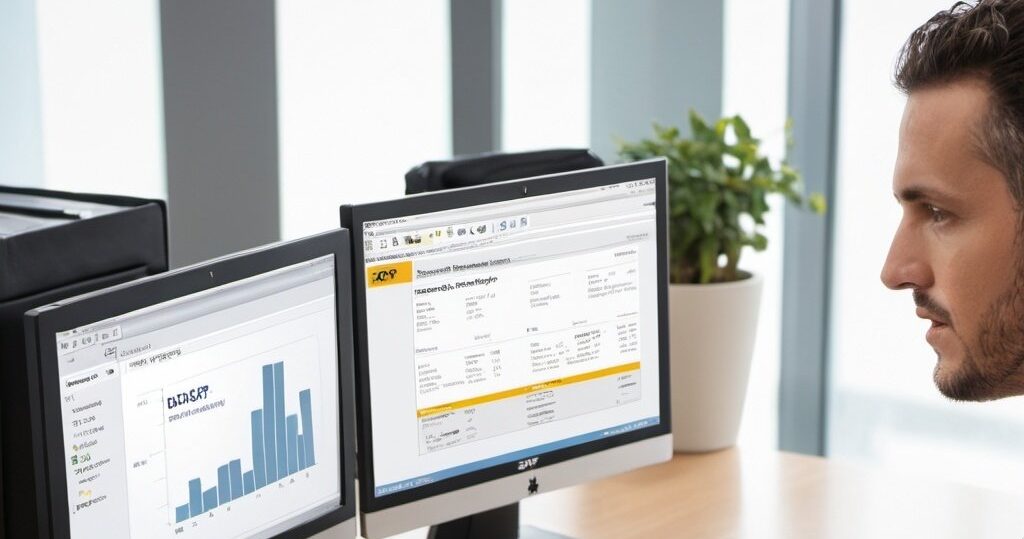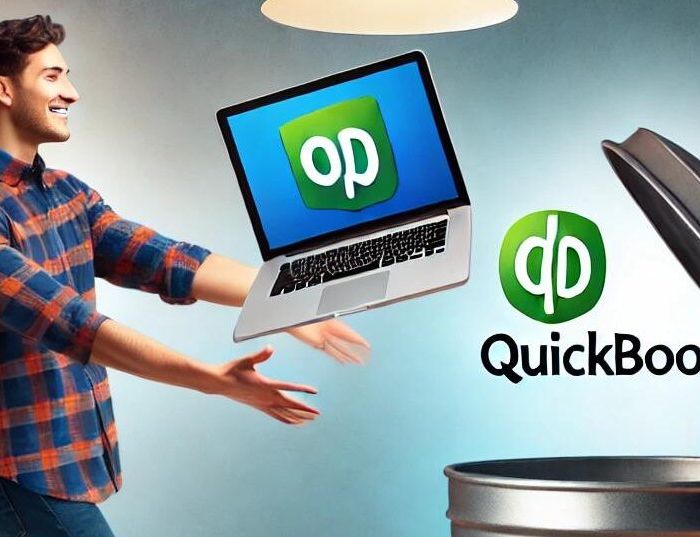In the ever-evolving landscape of manufacturing and distribution, businesses constantly seek ways to streamline operations, improve efficiency, and drive growth. QuickBooks has long been a popular choice for small businesses due to its simplicity and affordability. However, it often falls short in meeting the complex needs of manufacturing and distribution companies. Enter SAP Business One—a comprehensive, integrated enterprise resource planning (ERP) solution designed specifically for small to mid-sized businesses in these sectors. Making the switch from QuickBooks to SAP Business One could be the strategic upgrade your business needs.
1. Comprehensive Functionality
QuickBooks is primarily an accounting software. While it offers some additional features, it lacks the comprehensive functionality required by manufacturing and distribution businesses. In contrast, SAP Business One is a full-fledged ERP system. It provides a wide range of modules covering all aspects of business operations, including accounting, inventory management, production planning, customer relationship management (CRM), purchasing, and sales.
For manufacturing and distribution companies, this means having a single, integrated system to manage the entire business process. From tracking raw materials and managing production schedules to handling inventory and processing orders, SAP Business One offers a unified platform. This ensures data consistency and operational efficiency across the board.
2. Advanced Inventory and Warehouse Management
Effective inventory management is crucial for manufacturing and distribution companies. While QuickBooks offers basic inventory tracking, it lacks the advanced features needed for complex inventory systems. SAP Business One excels with its robust inventory and warehouse management capabilities. It allows for multi-warehouse management, supports various costing methods, and offers real-time tracking of inventory levels.
With SAP Business One, businesses can optimize stock levels, reduce carrying costs, and improve order fulfillment rates. The system’s real-time inventory visibility and automated replenishment ensure that businesses can quickly respond to demand fluctuations, avoiding stockouts or overstock situations. This is achieved through Boyum’s advanced manufacturing solution, BEAS, and the advanced distribution platform of Produmex.
3. Enhanced Production Management
Manufacturing companies require sophisticated production planning and control tools to ensure efficiency and minimize waste. QuickBooks lacks dedicated manufacturing functionality, making it challenging to manage production processes effectively. SAP Business One addresses this gap with its comprehensive production module, which includes features such as bill of materials (BOM), production orders, material requirements planning (MRP), and capacity planning.
By providing detailed insights into the production process, SAP Business One helps businesses optimize their manufacturing operations. It enables accurate production scheduling, better resource allocation, and improved quality control. Consequently, this leads to increased productivity and reduced operational costs.
4. Superior Reporting and Analytics
In today’s data-driven business environment, access to accurate and timely information is critical. While QuickBooks offers basic reporting capabilities, it often falls short in providing the in-depth insights needed for informed business decisions. SAP Business One offers a powerful suite of reporting and analytics tools that give businesses a comprehensive understanding of their operations.
With customizable dashboards, real-time reporting, and advanced data visualization, SAP Business One empowers businesses to monitor key performance indicators (KPIs), identify trends, and make data-driven decisions. Additionally, the system integrates data from various departments, ensuring a holistic view of operations. This facilitates strategic planning and continuous improvement.
5. Scalability and Flexibility
As businesses grow, their needs evolve, and their systems must adapt accordingly. QuickBooks is often seen as a starter solution, and many businesses outgrow its capabilities as they expand. SAP Business One is designed with scalability and flexibility in mind, making it an ideal choice for growing manufacturing and distribution companies.
The modular structure of SAP Business One allows businesses to add new functionalities as needed. This ensures that the system can support growth, whether expanding into new markets, adding new product lines, or increasing production capacity. Thus, SAP Business One can scale to meet the changing needs of the business.
6. Integration Capabilities
Manufacturing and distribution businesses often rely on various specialized software solutions to manage different aspects of their operations. SAP Business One’s robust integration capabilities allow it to seamlessly connect with other systems, such as manufacturing execution systems (MES), advanced manufacturing solutions like BEAS, warehouse management systems (WMS) like Produmex, and CRM software like HubSpot or Salesforce.
This level of integration ensures that data flows smoothly between systems, reducing manual data entry and minimizing the risk of errors. By providing a unified view of business operations, SAP Business One enhances collaboration and improves overall efficiency.
Conclusion
While QuickBooks has its merits as a basic accounting solution, it falls short in meeting the comprehensive needs of manufacturing and distribution businesses. SAP Business One offers a robust, integrated platform with advanced functionality, scalability, and flexibility required to thrive in these complex industries. By switching to SAP Business One, businesses can streamline operations, improve efficiency, and position themselves for long-term success. If you’re looking to elevate your manufacturing or distribution business, SAP Business One could be the strategic upgrade you need.
Like what you read? Reach out to us below and let’s discuss how we can help your business grow! OR Schedule a meeting directly here: Meet with Fonseca Advisers





